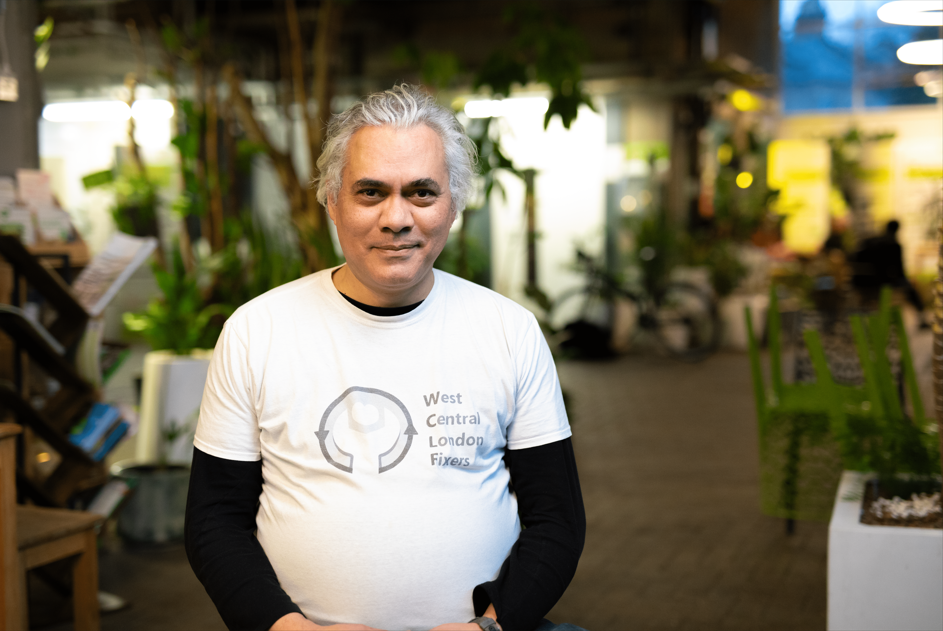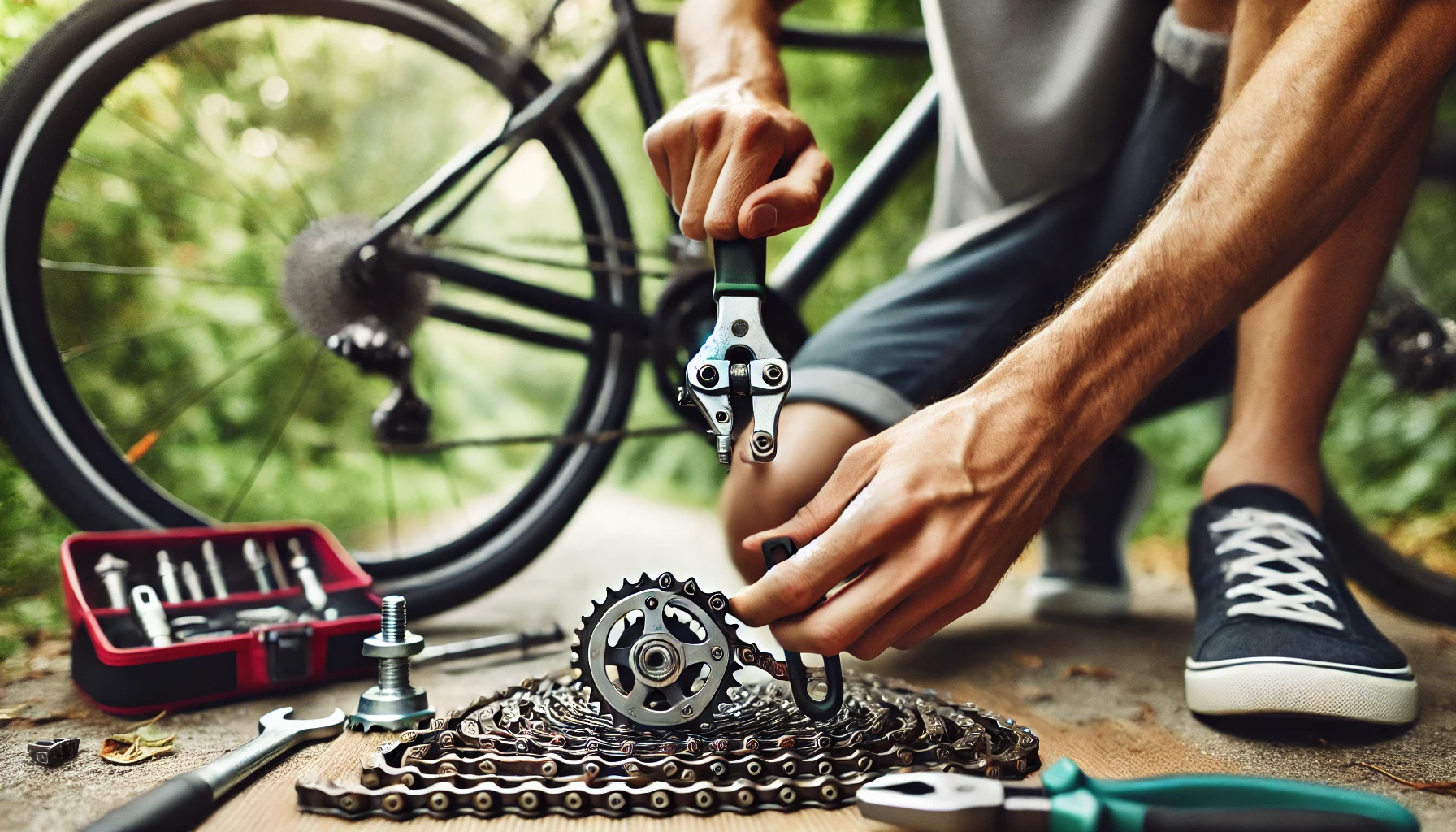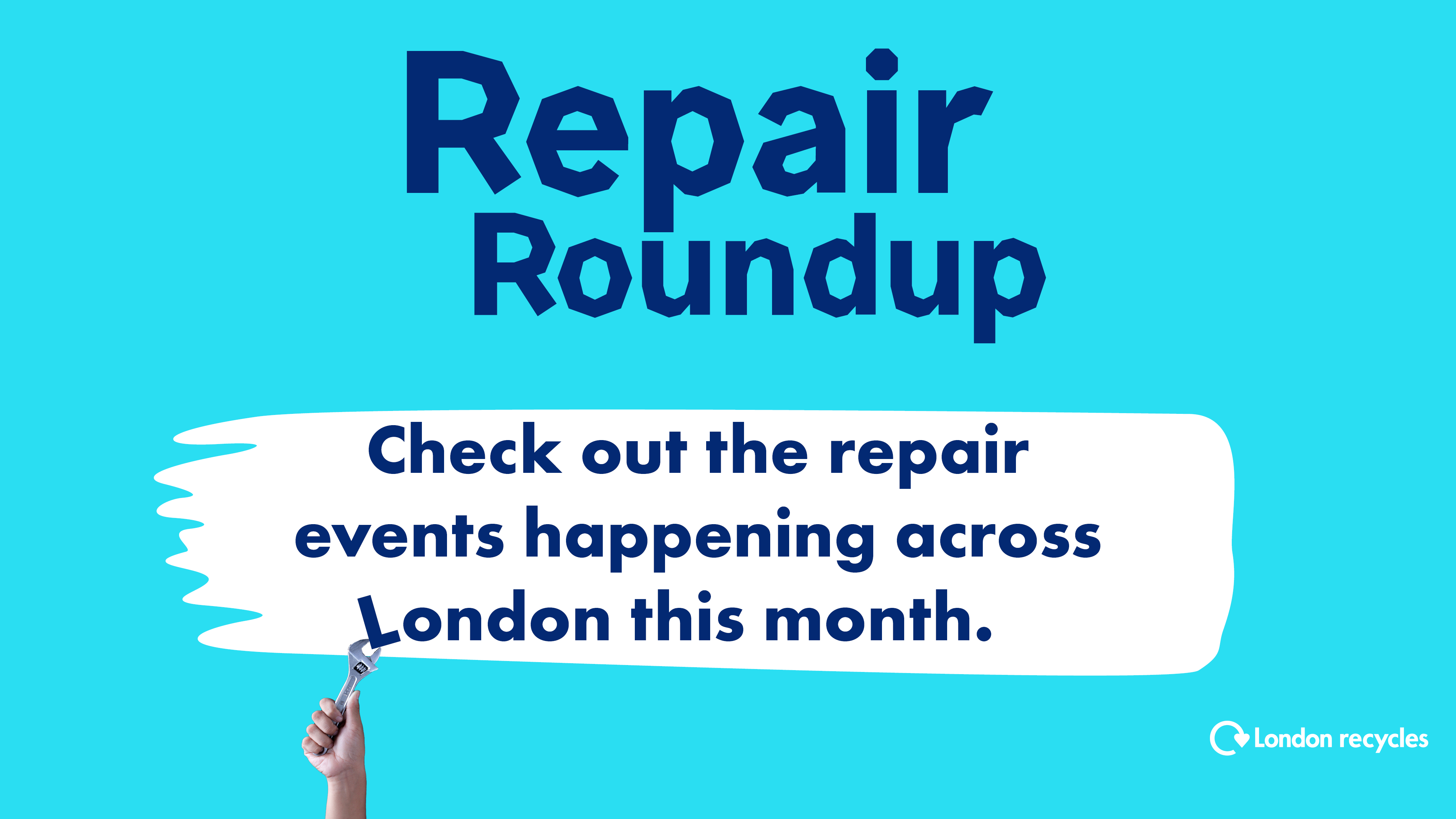
Tell us a bit about West Central London Fixers, why did you set up the group?
West Central London Fixers was set up in 2021. Before that, I was already involved in the environmental and green circles but felt I wanted to move from just talking about sustainability to actually doing something about it. That led me to start as a volunteer fixer with The Restart Project, participating in various events and helping people repair their electronics. Eventually, I decided to set up my own group, and that’s how West Central London Fixers came to be.
We started in North Kensington, but today we’ve expanded to four or five boroughs across London. What sets us apart is our focus on training people. As well as offering quick fixes for people’s electricals at our events, we hold training sessions. Our training is designed with team-building in mind, which makes it great for corporate clients looking for meaningful, hands-on activities.
You were Repair Heroes last year for Repair Week! How did it feel to be chosen as the Electricals Hero of the Year?
It was fantastic! We had so much fun filming with the Earth Minutes team, and we were thrilled to be selected. It was a great opportunity for PR, and the video has helped us promote our courses. We’re even considering future collaborations based on the response we received.
One thing we noticed at Repair Week last year is that many electrical items are now being made quite difficult to fix. Is this something you see in your sessions?
Yes, absolutely. Many products today are being designed in ways that make them harder to repair. We often see unnecessary complexity in how they’re built—more screws than needed, different screw types and sizes, and in some cases, manufacturers even glue parts together deliberately. These tactics make it difficult to repair products, and we don’t yet know how this can be addressed in the long term. Interestingly, many of the items people bring to our sessions are older models, which are often easier to fix.
For example, modern laptops are designed to be super thin, but that comes with its own set of challenges—screens break more easily and are much more difficult to replace.
What’s your top tip for keeping electrical goods working for as long as possible?
Our main goal is to encourage everyone to repair their items rather than throw them away. My top tip is to come to one of our training sessions, learn about safety measures, and just give it a go! We’re focused on enabling a behavioural shift in society—making repair the norm rather than the exception. There’s so much satisfaction and even a therapeutic benefit to fixing things. Once people try it, they often love it.
We’re focused on enabling a behavioural shift in society—making repair the norm rather than the exception. There’s so much satisfaction and even a therapeutic benefit to fixing things. Once people try it, they often love it.
If someone wants to learn how to repair electrical items, where should they start?
The best way to start is by coming to one of our training sessions. If you can’t make one of our sessions, watching some YouTube videos is a good starting point. Don’t be afraid to give it a go! Start with something low voltage to get comfortable, and always keep safety in mind. Many people are daunted by the idea of using a screwdriver and opening something up, but the trick is to overcome that initial fear.
A helpful tip is to take pictures of the item while you’re taking it apart, so you know how it goes back together. Treat it like a problem-solving challenge. There’s something incredibly therapeutic about working with your hands and solving these kinds of issues.
What’s next for WCLF?
We’re really excited about festivals and other large-scale events. These kinds of events provide a great platform to raise awareness about repair and sustainability. We’re looking forward to doing more in this space.


